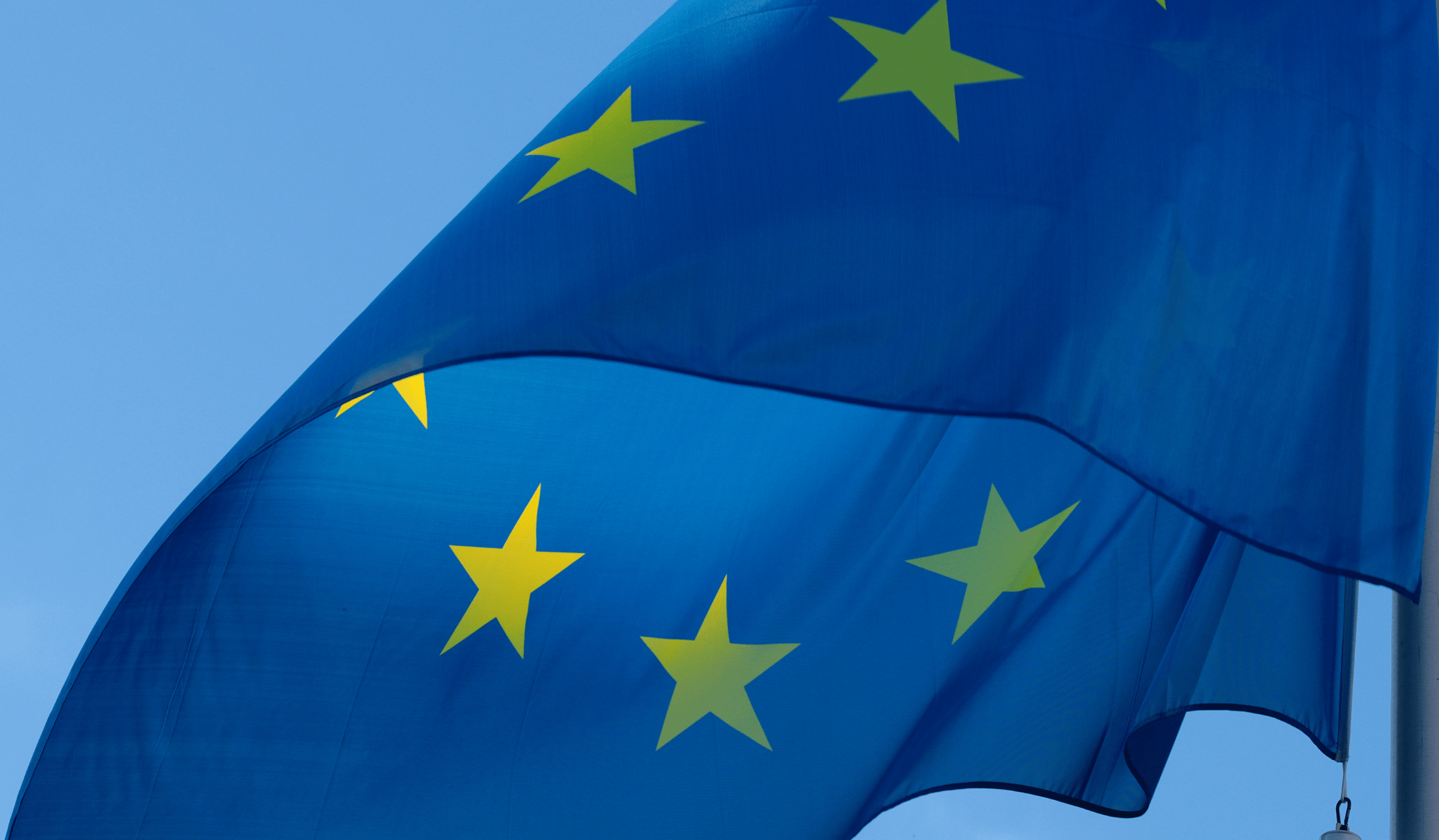IP2Innovate's submission on the upcoming European Innovation Act

IP2Innovate has responded to the Commission's call for evidence on the upcoming European Innovation Act, highlighting that proportionality in patent remedies across the EU is needed to support the European Innovation Act’s goals of creating innovation-friendly regulation and eliminating Single Market fragmentation.
IP2Innovate welcomes the objectives of the upcoming European Innovation Act. A balanced patent system is an important prerequisite to ensure Europe’s global competitiveness in critical technology areas, its attractiveness for companies to invest and do business in, and to increase innovation and the take up of new technologies necessary to bridge the gap in productivity levels when compared to other major economies. Unfortunately, our member companies' experiences, supported by data, indicate that Europe's patent system currently lacks the necessary balance, undermining investment in innovation to the detriment of both the public and Europe’s competitiveness. The current practice by EU courts of granting automatic injunctions in patent infringement cases contradicts the European Innovation Act’s goals of creating innovation-friendly regulation and eliminating Single Market fragmentation.
The solution is to modernize the 20-year-old IPR Enforcement Directive to align with Innovation Act objectives and to help close the innovation gap between Europe and its global competitors.
Other blogs

Patent abuse hurts European SMEs and undermines the knowledge transfer process

New academic paper calls for targeted reforms of the IP rights enforcement directive to boost European competitiveness
